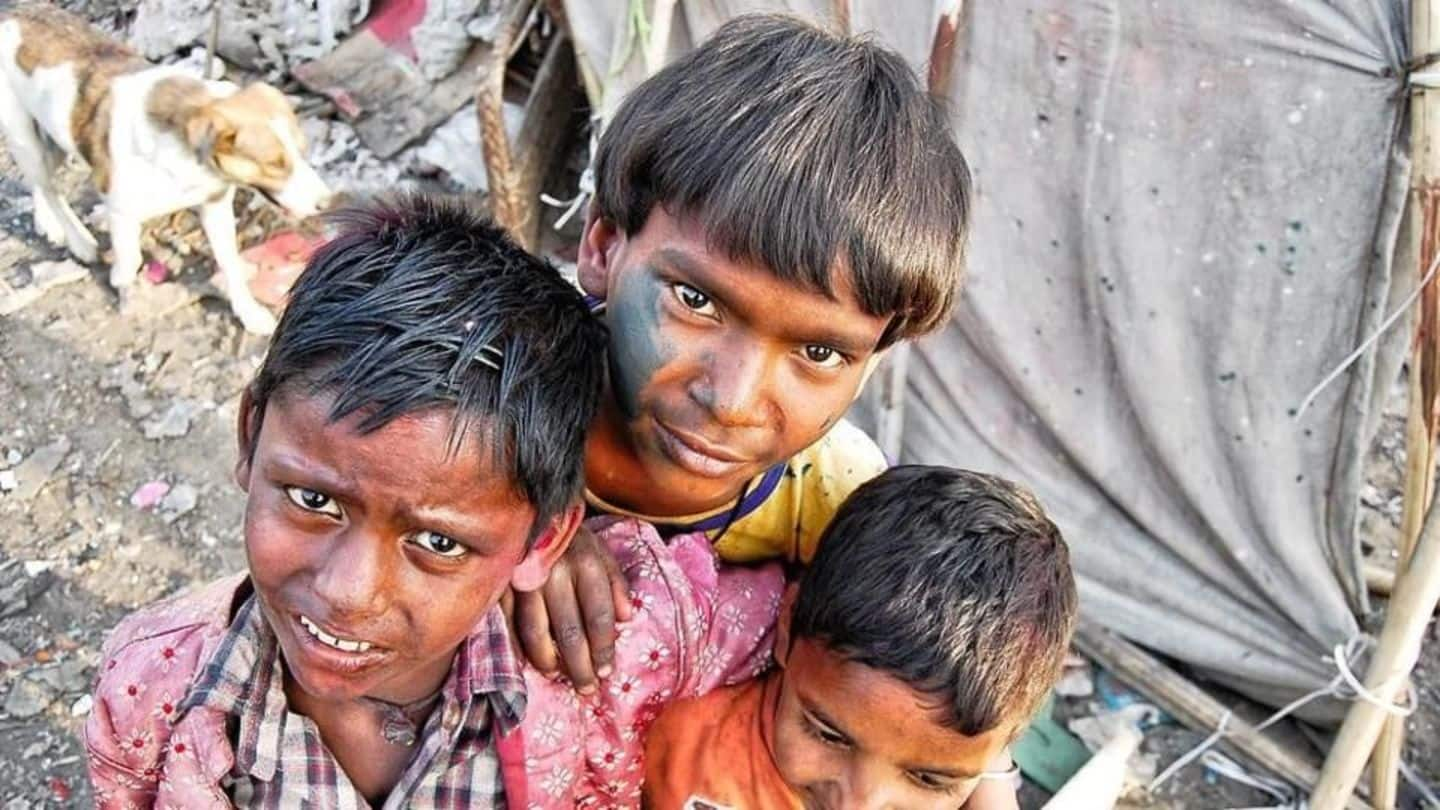
There are over 1.1 billion "invisible people" in the world
What's the story
Over 1.1 billion people - one in every seven individuals- worldwide do not officially exist as they have no proof of identity, revealed World Bank's Identification for Development (ID4D) program. Due to the issue, these "invisible people" have no access to vital health and education services. Most of these people live in Africa and Asia, with over one-third of them being children. Know more!
Issues
Issue arises from various factors: ID4D Program Manager
ID4D says "identity-less people" are seen more in areas facing poverty, epidemics, disasters, discrimination, and armed-conflicts. ID4D Program Manager, Vyjayanti Desai, said several factors contribute to the problem but added the major reason was the distance between people and government services. For example, Peru's Ex-Development Minister, Carolina Trivelli, said people in Peruvian Amazon travel for five days by boat to reach government agencies.
Children
Births of millions of African, Asian children not declared
The report noted many people aren't aware of the importance of declaring births or the consequences of non-registration, including lack of basic benefits/rights and increased risks of early marriage and underage labor. UN representative and the Director for children's aid organization Plan International, Anne-Sophie Lois, said though some people are aware of birth registration, costs in some countries can be "crippling."
Reasons
Deliberate concealment of births in many countries
Parents in several countries deliberately conceal the birth of their children owing to various reasons. In some nations, the political climate (government's preferences for a particular group rather than others) discourages people from identifying themselves. In China, non-registration of births was deliberate owing to the "one-child policy". Fearing discrimination, people also conceal the birth of children born out of wedlock or due to rape.
Quote
Disappearance, exploitation go unnoticed: Anne-Sophie Lois
Apart from being barred from healthcare and education, invisible children are vulnerable to violence and human trafficking. Anne-Sophie Lois said, "The legal invisibility of unregistered children makes it more likely that their disappearance and exploitation will go unnoticed by authorities."
Technology
Collection of personal data using digital technologies
Several organizations worldwide are working on the ground to identify "invisible people" and overcome this global issue; digital technologies are tremendously boosting the process. Peru's Trivelli said "technology is getting lighter," agencies can gather biometrics using small devices. Plan International helped in registering over 40 million births across 32 countries through a mobile app using which village leaders notify the government of births/deaths.
Information
Protection of collected data
World Bank recognized that "centralized identification systems" could expose those groups vulnerable to the risks linked to personal data misuse. ID4D's Vyjayanti Desai emphasized: "We are very cautious. To have a legal framework in place that protects privacy and personal data is key."